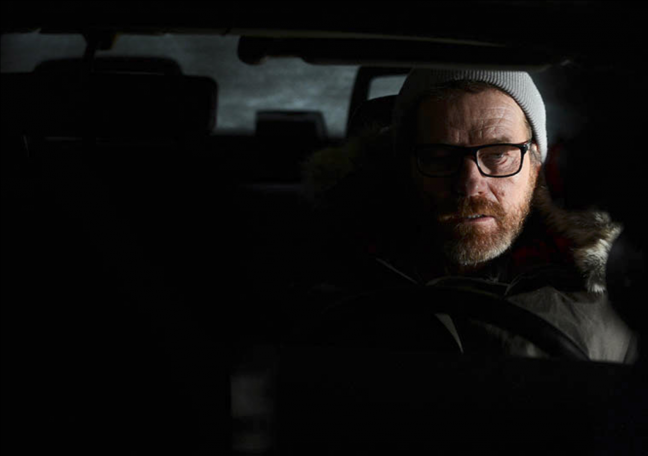Showrunner Vince Gilligan had to tread lightly to craft a “Breaking Bad” ending that would appease the masses. Tonight, at the close of the series, Gilligan pulled it off: The series’ finale was immensely satisfying to watch and gave fans much-needed closure.
OBLIGATORY SPOILER WARNING. IF YOU’RE STILL STALLED ON SEASON 3 ON NETFLIX, FEEL FREE TO STOP READING NOW.
Heading into the series’ finale, I predicted a bloodbath with destruction on all fronts. There were myriad loose plot ends to be tied up, but the writers managed this masterfully, all while juxtaposing scenes of the protagonists in happier times to remind us how far everything has devolved over the course of the series.
After dragging Walter, Skyler and Jesse Pinkman through turmoil for five seasons, we see these protagonists laid bare in “Felina,” with each irreparably damaged in their own way—so much so I predicted none of them would survive the finale. But Gilligan and Co. are too smart to kill these characters all off without ceremony. Indeed, it was often the heart-through-a-meat grinder plot twists that both hooked and horrified fans.
“Breaking Bad,” which shot from having a small but cult-ish following to pulling more than 6.5 million viewers for its penultimate episode, became a Culturally Important Show for its nuanced treatment of complex characters and interpersonal conflict. It’s unquestionably the best show on television now and one of the most masterfully crafted dramas of the last decade.
In the finale, we see Walter, Mr. Chips-turned-Scarface, make the arrangements for his timely exodus with the cold calculus of Heisenberg and the precision of a funeral planner. The loose ends are tied up exactly as they should be: His kids will get the drug money that was the catalyst for his whole undoing (thanks in part to Badger and Skinny Pete), the Neo-Nazis get what’s coming to them (thanks to a classic Walter-style machine gun hack) and Lydia won’t be using artificial sweetener anytime soon.
We also see the totality of Walter’s transformation. In coercing his former business partners to do his final bidding, he is no longer even the one who knocks. I was part of the vocal majority of fans who was pulling for Walter to somehow escape and ride off into the sunset, just as these fans stood by Gilligan’s protagonist even through his descent into the morally murky—and morally reprehensible—drug empire business for five seasons. We’re the same bloc that hated on Skyler’s constant nagging, a counter-intuitive phenomena so pervasive that it even left actress Anna Gunn questioning fans’ allegiances. This show has, with a stroke of dramatic brilliance, manipulated viewers’ allegiances throughout its entire run. But watching Walt consumed by vengeance, even while asking for one more chance to see his infant daughter, was enough to shake me of that uncomfortable alignment.
I’ve always cheered for the bad guy to win, but in this finale, I don’t recognize the man that collapses in the lab as Walter White. We’re left with one of the most satisfying and masterfully crafted bits of dialogue in recent television history when Walter admits: “I did it for me. I liked it. I was good at it.” I sighed inwardly at the revelation: finally. His business was always about the family, sure it was, but it was also about grasping at a dream deferred and about throwing off the stunning boredom of the show’s earlier everyday conflicts: how to pay the bills, sleeping with a man that’s not your husband and Marie’s flirtations with kleptomania.
This show could launch a thousand master’s and doctoral projects, but the frontrunner for my hypothetical thesis would be tracing the complexity of Walter and Jesse’s relationship. Although Jesse started as Walter’s junkie former student and glorified lab technician of necessity, their relationship evolved into much more than that. Jesse was consistently the only one who understood Walter’s experience as the lies about his double life began to mount. The two are irrevocably bound together by the evil they’ve done and the experiences they’ve had, their fates intertwined and left ambiguous. They have always been in this together, for good and for ill.
It makes absolutely perfect dramatic sense that Walter’s Waterloo comes to find him in a meth laboratory, a wink at the RV in the desert where it all began with a single cook of chemical perfection.
As Badfinger’s “Baby Blue” rolls, Walter collapses, spent and consumed amid the destruction wrought by his own hand. It’s a poetic ending. Everything is in its rightful place, and justice is served. Resonant, perfect and feels-inducing, the ending reminded us why Gilligan’s creation reigns supreme.








